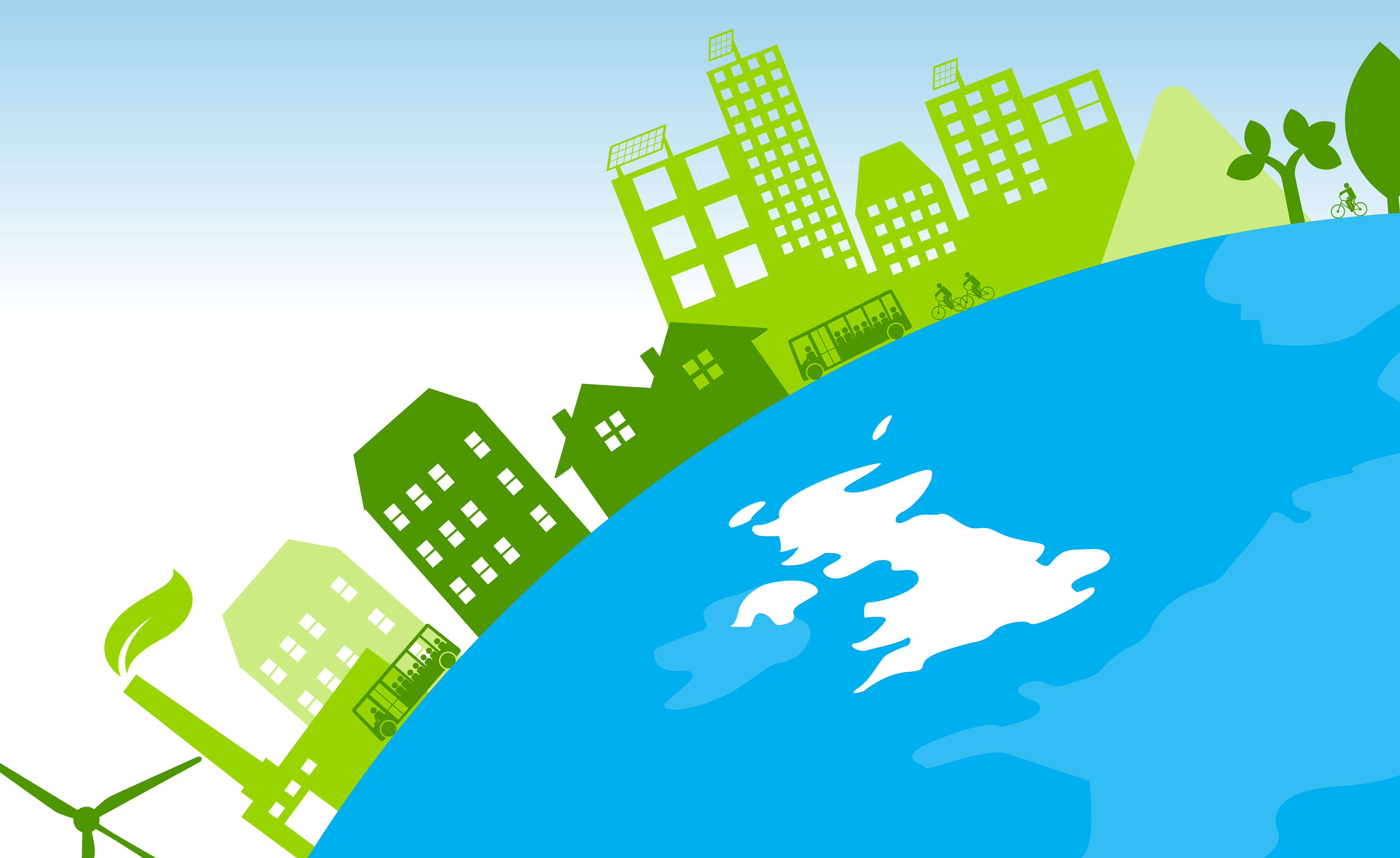A recent poll by the Department of Business, Energy and Industrial Strategy (BEIS), showed that three-quarters of people surveyed believe climate change is having an impact on the country, but just 35% knew about Net Zero. In this series, I will try to explain what Net Zero means and how it will come to affect our lives in the coming years.
THE CLIMATE CRISIS
There is a wise old saying – “everything in moderation”. We need some CO2 in the atmosphere to keep us warm. Too much, however, is not a good thing. CO2 does not dissolve or disappear in the air. It lingers in the upper atmosphere and if there is too much of it, the planet will start to warm up (similar to the temperature of air in a greenhouse) which, we are told, will lead to unmanageable climactic catastrophes. Right now, there is overwhelming scientific evidence that the world has been warming up over the past 150 years or so, and most of that increase has taken place very recently, as this video shows:
PLAN OF ACTION
To help prevent the Earth’s temperature rising even further and reverse the trend, the UK became the first global power to legislate the elimination of greenhouse gas emissions produced by human activity. This new law aims to achieve 100% NET ZERO emissions by 2050, with key targets (known as carbon budgets) set for 2025 and 2030.
SO WHAT DOES NET ZERO ACTUALLY MEAN?
In essence, ‘net zero’ means achieving a balance between greenhouse gas emissions produced and emissions which are taken out of the atmosphere. Note that the plan is not called ‘Gross Zero’. If that were the case, it would mean reducing all emissions from all sources uniformly to reach zero. This process would be unrealistic because it would too expensive and / or technologically unfeasible. The net zero approach acknowledges the fact that some industries, such as aviation and manufacturing, are hard to treat, and therefore allows for some residual emissions.
AND WHAT DOES IT MEAN FOR US?
Buildings alone account for 50% carbon emissions in the UK. Therefore, the Net Zero programme applies mainly to the built environment. All of our buildings, even the existing ones, need to be net zero by 2050. In this instance, net zero means buildings need to be highly energy efficient and will need to find their energy requirements from renewable sources, either on site (within and around a property), or off site (from wind, wave and solar power).
In part two, we will explain how choosing materials for our projects is so important when taking our first steps to achieving net zero by 2050

